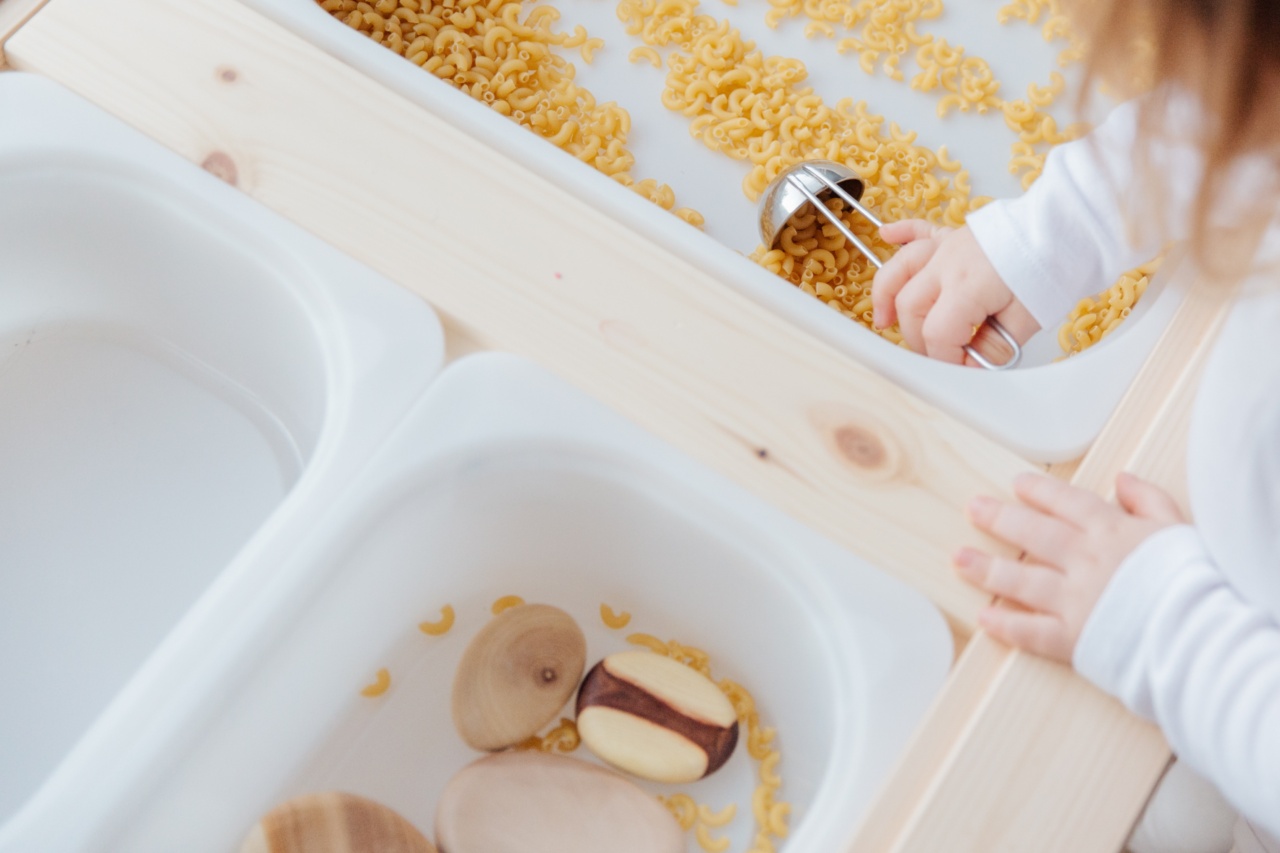Cooking is a fundamental life skill that should be taught to children from a young age. Not only does it empower children to make positive food choices, but it also plays a crucial role in developing healthier palates.
By involving children in the kitchen, parents and caregivers can foster a love for cooking, enhance their taste preferences, and instill healthy eating habits. In this article, we will explore the numerous benefits of children cooking and provide practical tips to encourage their participation.
1. Enhanced Taste Preferences
When children are actively involved in the cooking process, they become more curious and open-minded about trying different foods. As they chop ingredients, stir sauces, and season dishes, they discover a range of flavors and textures.
This exposure to a variety of tastes helps expand their palate, making them more inclined to enjoy diverse foods.
2. Nutritional Awareness
Teaching children how to cook is an excellent opportunity to educate them about the importance of nutrition.
By discussing the nutritional value of ingredients and explaining how different foods contribute to their overall health, children become more aware of the impact their food choices have on their bodies. This awareness lays the foundation for making nutritious decisions that will benefit them throughout their lives.
3. Empowerment and Independence
Allowing children to take an active role in meal preparation empowers them by giving them a sense of control and achievement. As they acquire new cooking skills and successfully create dishes, their confidence grows.
This newfound independence not only boosts self-esteem but also encourages children to take responsibility for their well-being and make informed dietary choices.
4. Bonding Time
Engaging children in cooking creates valuable bonding opportunities between parents, caregivers, and siblings. Working together in the kitchen fosters teamwork, communication, and cooperation.
It allows families to connect, share stories, and create lasting memories while preparing meals. These shared experiences contribute to a positive relationship with food and reinforce the importance of healthy eating as a family.
5. Life Skills Development
Cooking equips children with essential life skills that extend beyond the kitchen. By following recipes, measuring ingredients, and practicing kitchen safety, children develop their literacy, numeracy, and critical thinking abilities.
Cooking also enhances their creativity and problem-solving skills as they learn to improvise and adapt recipes based on ingredients available. These practical skills will benefit them throughout their education and future endeavors.
6. Exposure to Real Food
Involving children in cooking introduces them to real, whole foods and encourages them to explore fresh ingredients. By engaging in hands-on food preparation, children gain a deeper understanding and appreciation for the food on their plates.
They learn to differentiate between processed and unprocessed foods and become more conscious of making healthier choices, avoiding excessive sugar, salt, and unhealthy fats.
7. Cultural Awareness
Cooking offers an excellent opportunity to expose children to different cultures, cuisines, and traditions. Exploring recipes from around the world introduces children to diverse ingredients, spices, and cooking methods.
This exposure fosters cultural appreciation, acceptance, and curiosity about global culinary practices. It broadens their horizons and encourages them to embrace new flavors and experiences.
8. Nurturing Creativity
Cooking allows children to unleash their creativity and imagination. In the kitchen, they can experiment with flavors, textures, and presentation.
Encouraging children to become involved in meal planning and recipe development nurtures their creative thinking and problem-solving skills. It also helps children express themselves and builds their confidence to try new combinations and techniques.
9. Improved Health Outcomes
By regularly involving children in cooking, parents and caregivers can significantly impact their long-term health outcomes.
Children who enjoy cooking and have a connection with their food are more likely to make healthier food choices throughout their lives. They are less reliant on processed and convenience foods and are more inclined to opt for nutritious home-cooked meals. This contributes to better overall health, reduced risk of chronic diseases, and improved weight management.
10. Life-Long Healthy Habits
Instilling a love for cooking and fostering healthy eating habits in childhood sets the stage for a lifetime of well-being.
By making cooking and food preparation a regular part of their lives, children are more likely to carry these habits into adulthood. They grow up with a foundation of culinary skills and an appreciation for fresh, nutritious meals. This forms the basis for making informed food choices, maintaining a balanced diet, and enjoying the benefits of a healthier lifestyle.
In conclusion, involving children in the cooking process offers numerous benefits for their overall health and well-being.
By developing their taste preferences, nutritional awareness, and life skills, children who cook are more likely to make positive food choices and develop healthier palates. Cooking empowers children, fosters creativity, enhances family bonds, and lays the foundation for a lifetime of healthy habits.
Encouraging children to participate in meal preparation is a valuable investment in their long-term physical and mental well-being.






























